Because they can't see exactly how much milk a baby is drinking when breastfeeding, some mums worry if their growing baby is getting enough. There’s no ‘right amount’ to feed your baby, but here are some ways you can tell whether they’re getting enough.
How big is my baby's tummy?
In the first few days your baby will drink very little, as their tummy is only the size of a cherry! By day 3 it will have grown to the size of a walnut or Brussel sprout. By week 1, your baby’s tummy will be the size of a plum or apricot, and by 1 month it should be the size of a large egg.
Around day 3-4 your breasts will fill with even more milk in response to your baby's feeding patterns and growing tummy. Watch out for your baby's cues telling you they're hungry, start feeding and keep going for as long as they want – this is how your body knows how much milk to make. You can find out how to learn your baby’s feeding cues here.
How much and how often?
All mums and babies are unique so it's impossible to give an exact 'right' amount, but as long as you feed when your baby tells you they're hungry and feed for as long as they want you can be pretty sure they're getting enough.
You can often tell how well your baby is feeding from their nappies – have a look at our page on signs your baby is not getting enough milk to see what your baby's nappies should look like at this stage, or use our feeding checklist for some reassurance.
Can I 'spoil' my baby by breastfeeding too much?
It's important to know that you're not 'spoiling' your baby by feeding in this way – you're making them feel loved, safe and secure. You can find out more about creating a strong bond with your baby in UNICEF Baby Friendly Initiative's leaflet Building a happy baby.
Is breast milk enough?
Many mums worry about their babies being hungry, but most of the time they have nothing to worry about. Some mums try to introduce formula feeding or solids early on, sometimes hoping that it will encourage their baby to sleep for longer periods. However, breast milk is all babies need for the first 6 months of their lives, and research shows that babies fed this way are healthier.
Most babies don't need solids until they reach 6 months old, but speak to your health visitor if you think your baby is hungry. Even after you’ve introduced them to solid food, they'll still need the goodness of breast milk, so do keep breastfeeding if you can, or give expressing a go.
 Activities & Play
Activities & Play Behaviour
Behaviour Childcare
Childcare Development & Growing Up
Development & Growing Up Family, Friends & Relationships
Family, Friends & Relationships Feeding Your Baby
Feeding Your Baby Food & Eating
Food & Eating Health & Safety
Health & Safety Mental Health & Wellbeing
Mental Health & Wellbeing Money & Work
Money & Work Online Behaviour & Safety
Online Behaviour & Safety Pregnancy & First Days
Pregnancy & First Days School & Education
School & Education Sleep
Sleep


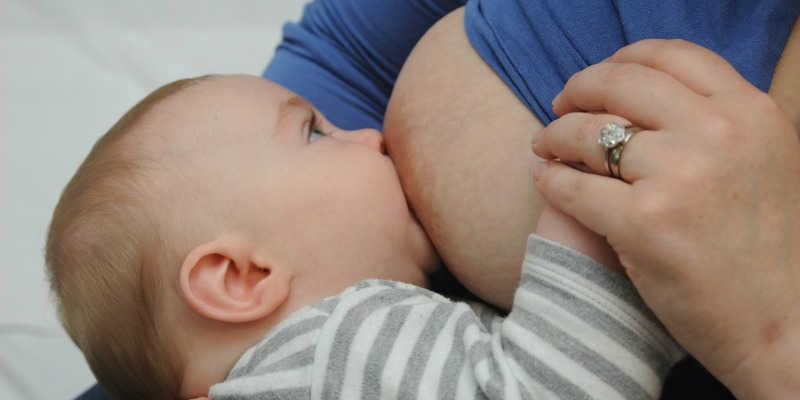
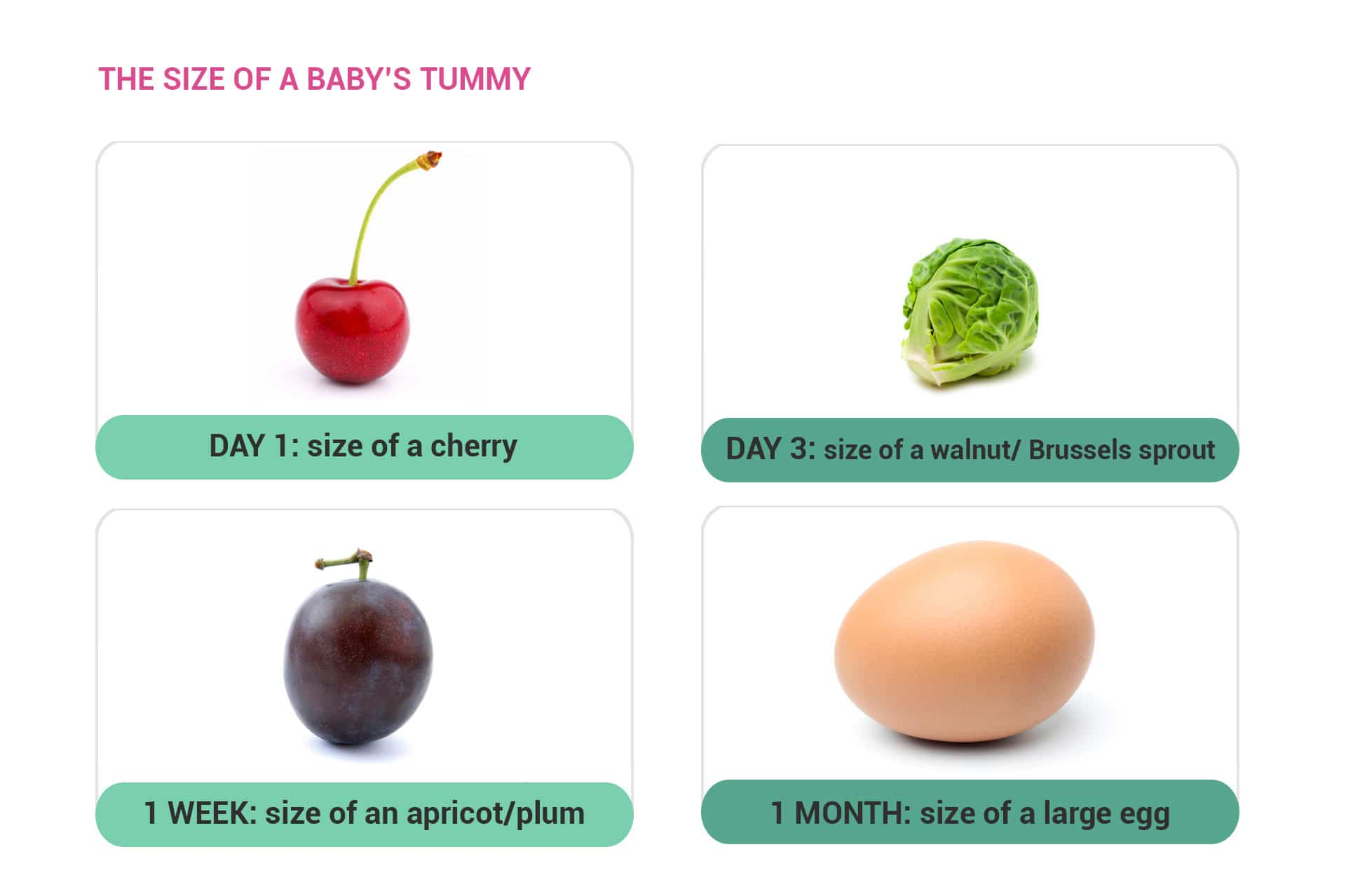
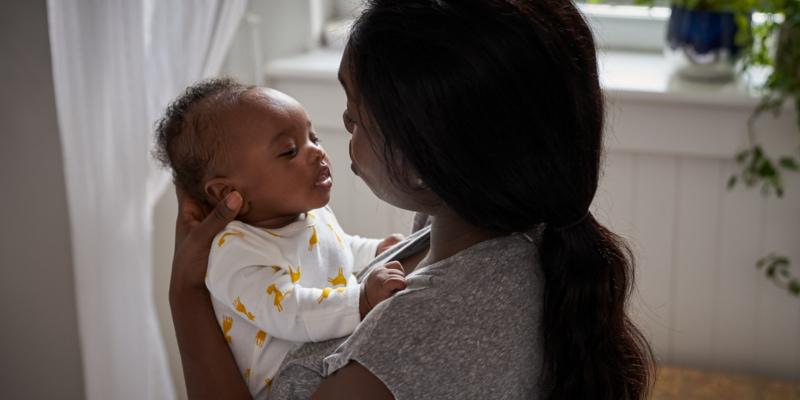
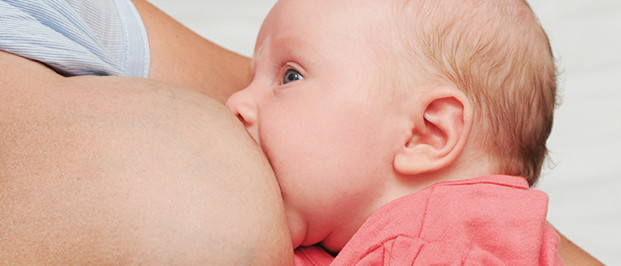
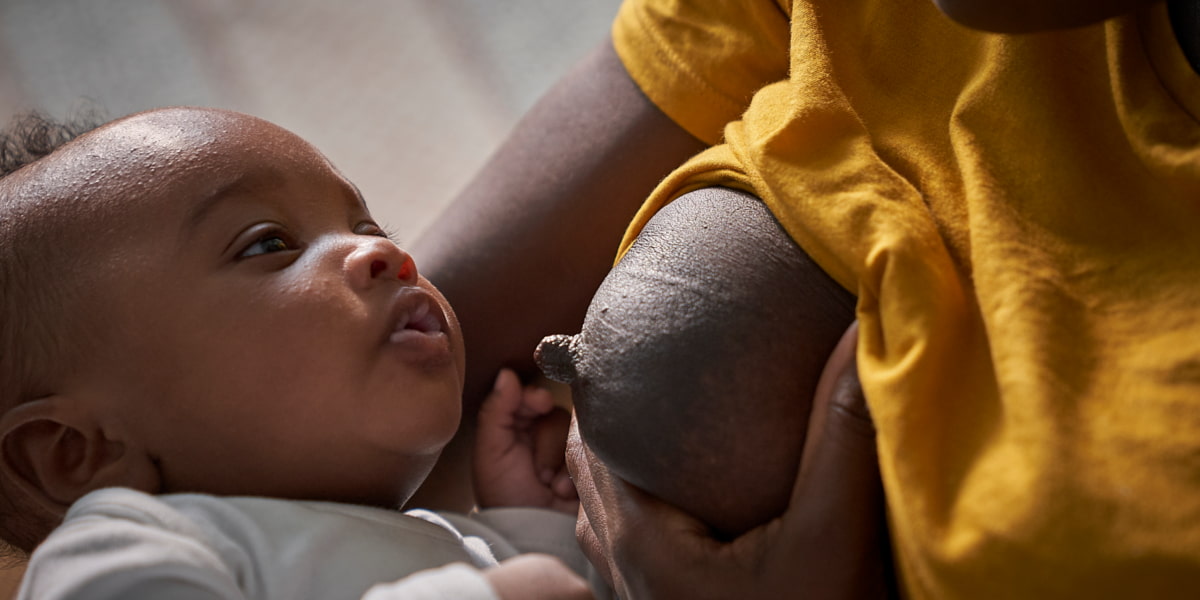
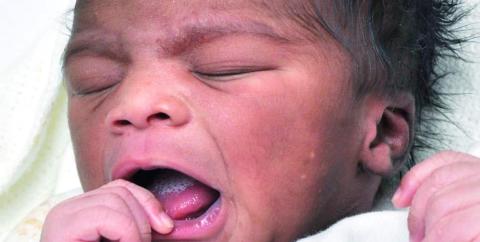
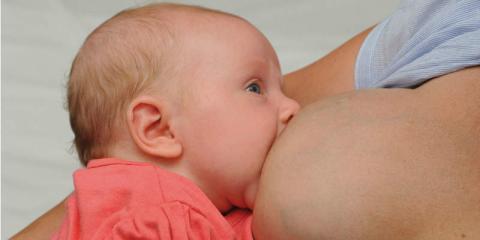
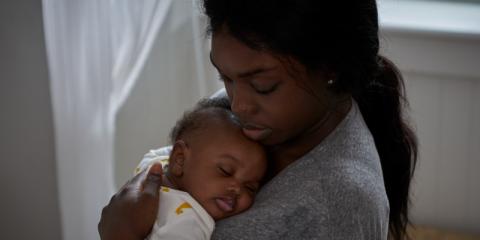
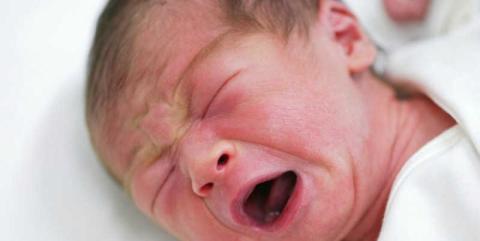

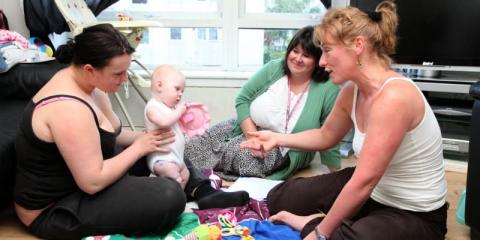
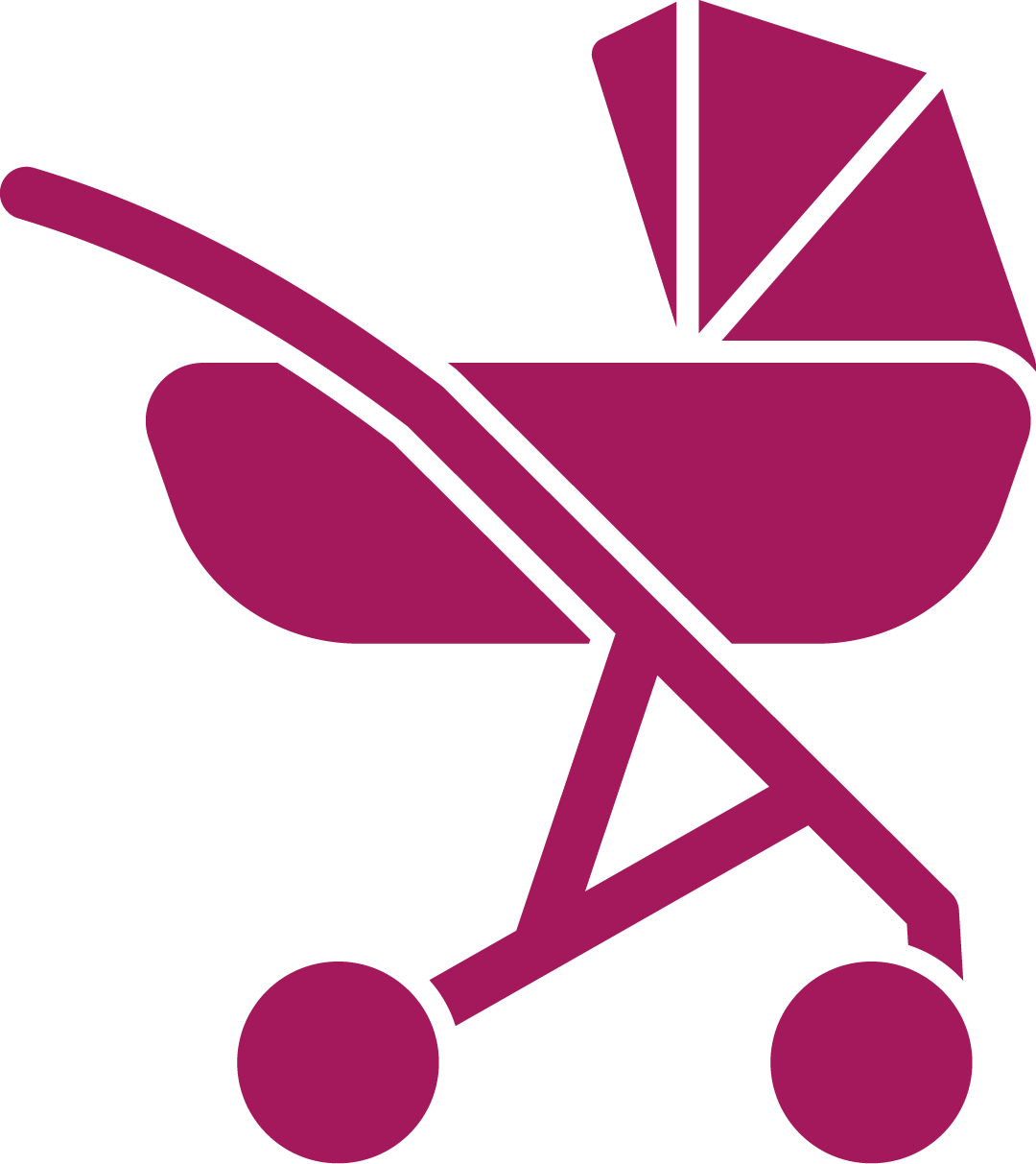 Pregnancy & First Days
Pregnancy & First Days
 Sleep
Sleep